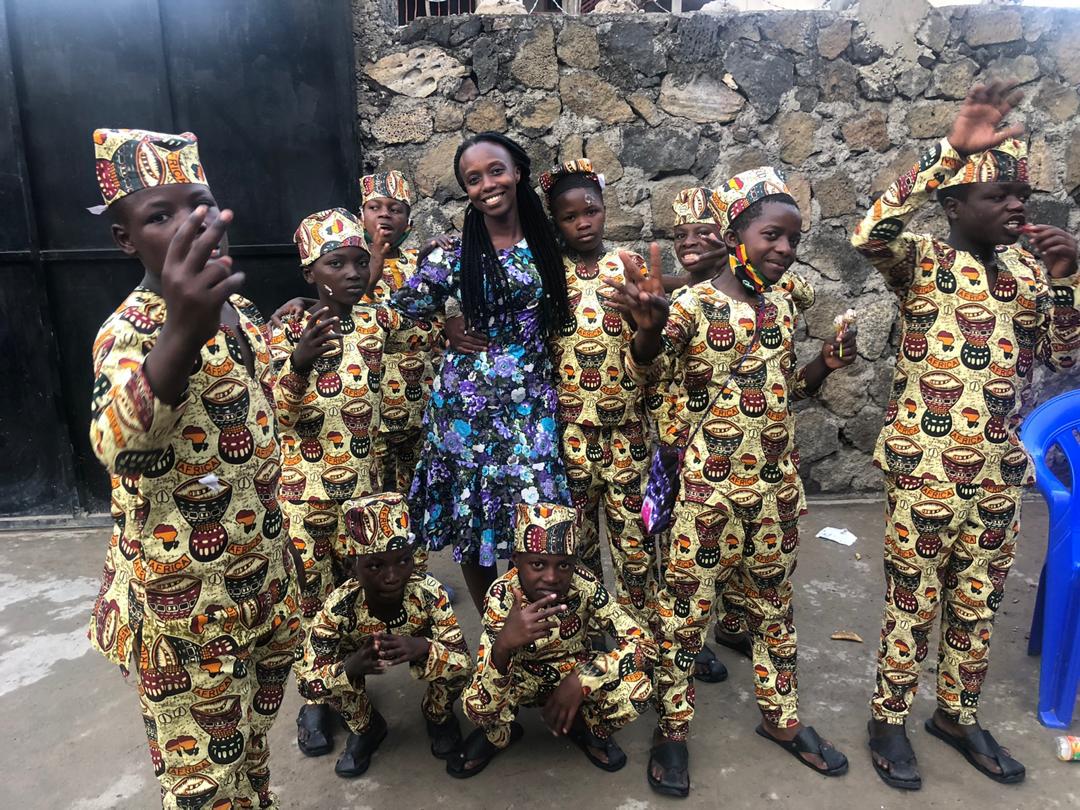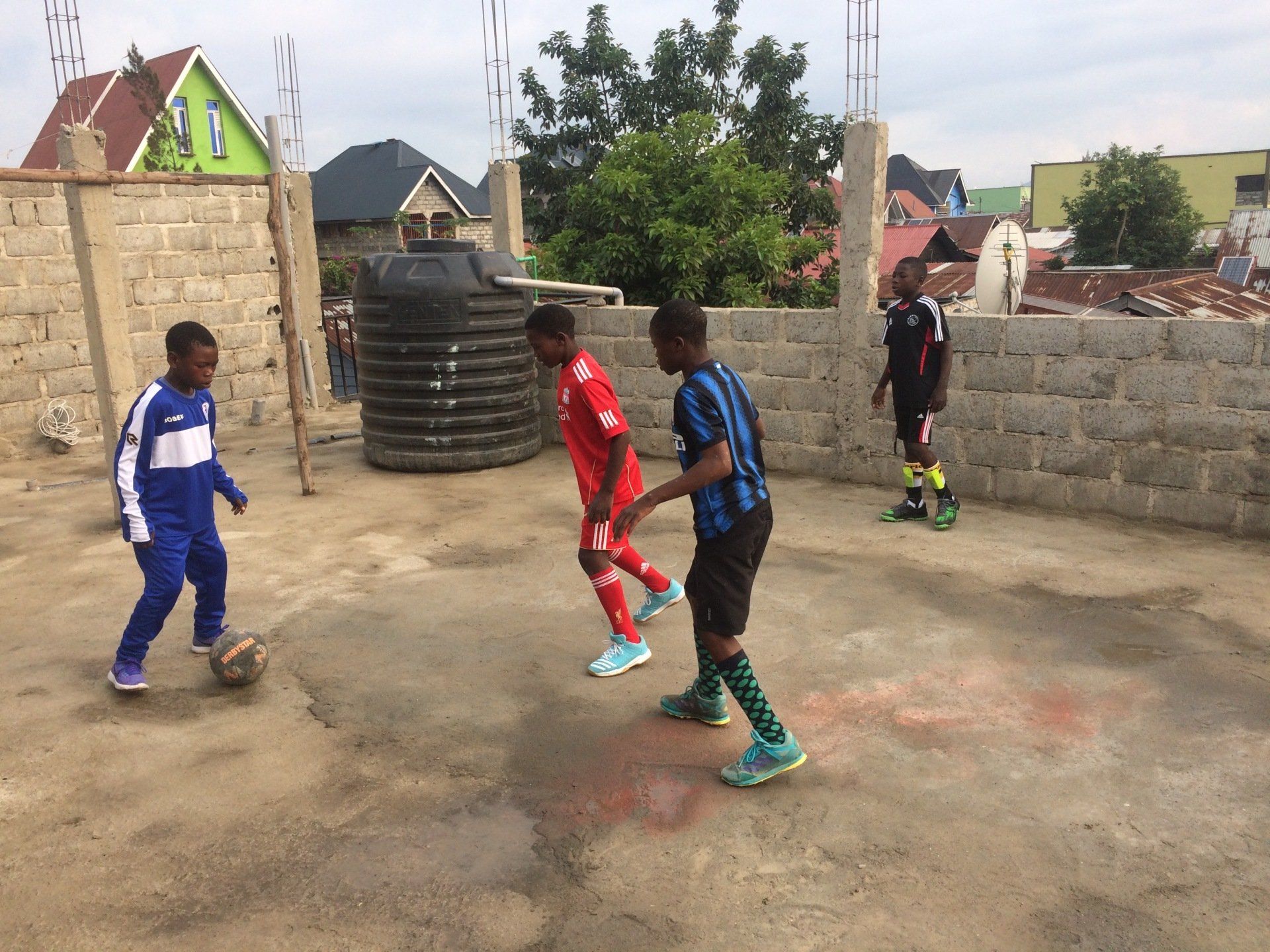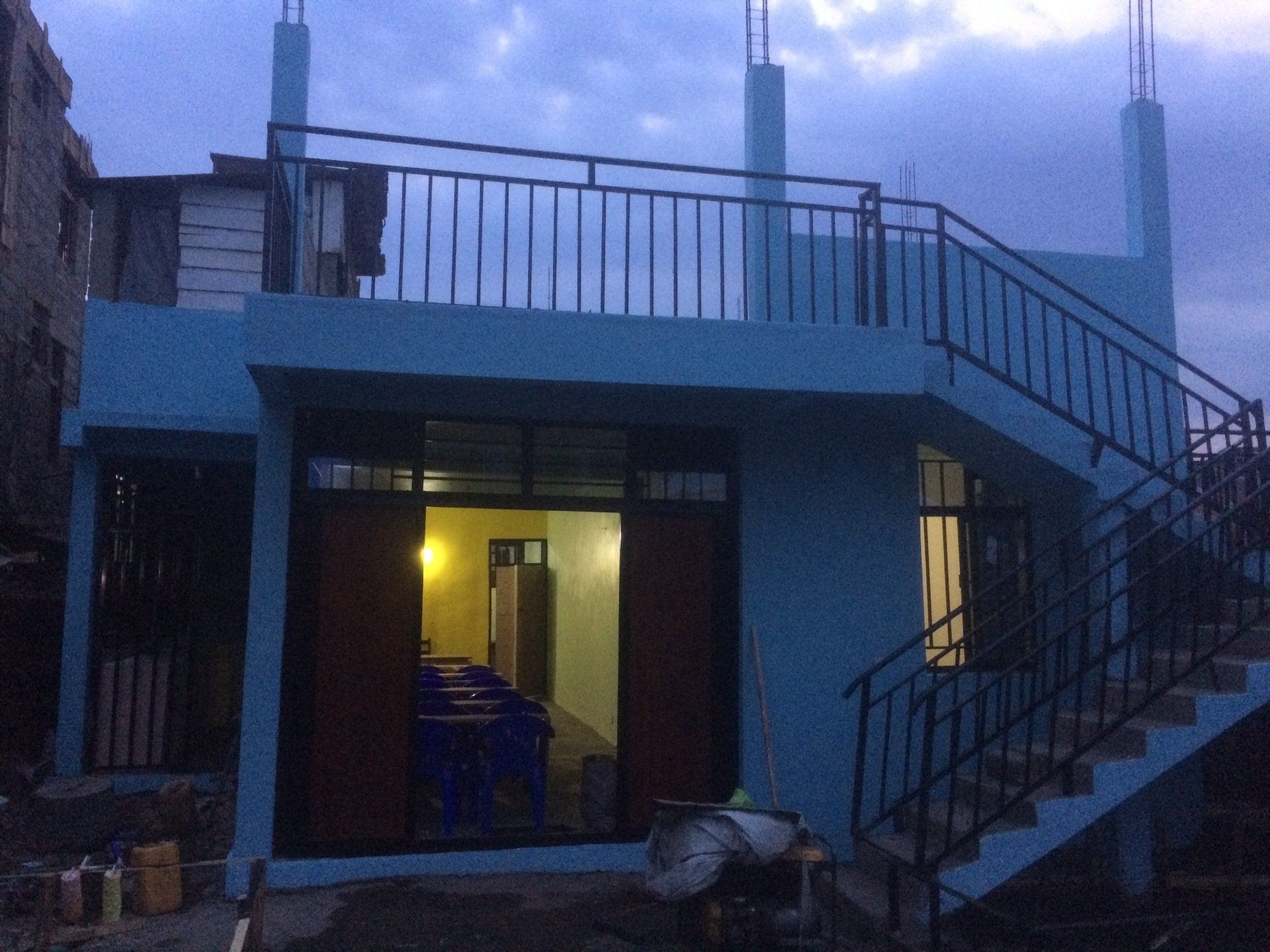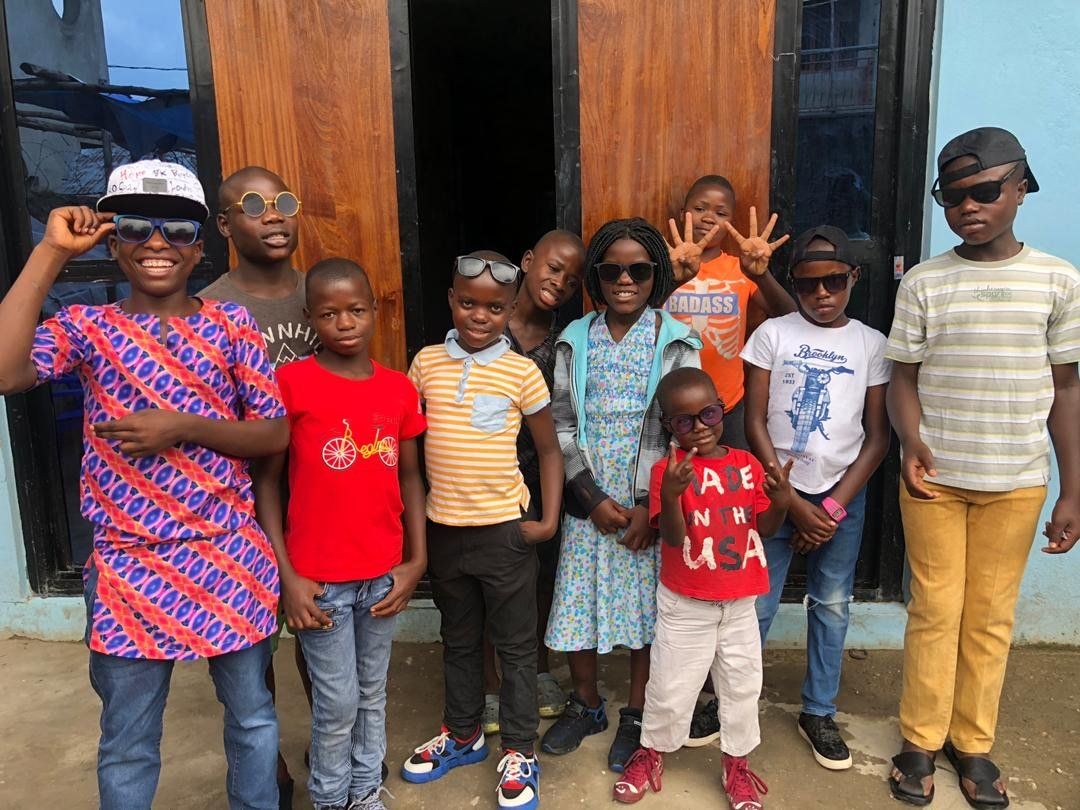Our aim
4Watoto not only wants to provide children with shelter and food, but also to offer a real home, where a child can be there as a person. Feels love and support from the people around him, can share emotions and talk about feelings. A place where a child can find peace, can relax and play, but where there is also room to pursue personal goals and develop talents / skills.
How do we create this home feeling?
Safety
A real home, where you feel safe and you can be yourself. Are there opportunities to undertake things together or to withdraw for a while? A house is only safe if it is an environment for a child where he / she feels at home.
- Food
Begging for food, searching for a meal among waste scraps and stealing and fighting for food on a survival principle were daily practices for many of the children of 4Watoto. The same children are now after a period of shock, fighting and unrest. Lovingly and peacefully at the table for a healthy meal during breakfast, lunch or dinner. Then hand out fruit, nuts or a chapati to each other during a snack moment within a house that has now become a home.
- Play
Playing with whatever is on the street, swimming in a polluted lake where you shower and relieve yourself at the same time. High without looking, cross the street and steal for the adrenaline rush. These were the games and “fun” moments in the life of the street children. At 4Watoto they now get enough free time to be a wonderful child again and to explore from play.
- Learn
At 4Watoto, children come into an environment in which the child and the staff develop together, towards each other and individually. The learning process is so much more than just sitting in the books and listening to the teacher. 4Watoto holds group discussions about interacting with each other, does excursions and provides the time and space for children to discover and develop talents. Individual guidance is one of the spearheads of 4Watoto's pedagogical policy, which is why there is a maximum of 24 children per 4WatotoHouse to guarantee this.
Welfare
Happiness is what we all pursue. Being happy is what we allow each other. In addition to safety, other material and immaterial matters also influence the well-being of a child.
- Shelter
In the past, children slept on the street without parental supervision in sewage pipes, under market stalls or in unfinished houses. Others ended up at overcrowded reception centers, refugee camps or unknown local residents after losing their parents. Now the 22 children live together in the 4WatotoHouse.
- Health
Infections, parasites, malnutrition, poorly maintained teeth and growth retardation were problems when the children entered the 4WatotoHouse. At the moment there are 2 showers a day, 3 healthy meals and there are always clean clothes. 1x per month to the hairdresser, a monthly check-up by doctor Ruzinge and some oil in the morning for the skin makes health on the teeth and growth retardation no longer an issue.
- Education
Education, the children did not receive it, most could hardly count or write upon arrival. At most 1 or 2 had completed a few years of primary school. Now they are all in the classroom at 4Watoto at school from 8:30 am to 3:00 pm. The children are taught in a Pan-African way, first learning about Africa, then the rest of the world is seen. We give a lot of practical lessons because 4Watoto believes that children who learn in an active way, become more eager to learn and happy. These classes are currently automotive engineering and dance. In the future we hope to add woodworking, singing and general art to our range of subjects. 4Watoto follows the official curriculum of DR Congo, but thus complements it.
- Freedom
The children on the street had the freedom to come and go in a pleasant way. A child under 16 should not live without parental supervision. 4Watoto believes that when a child really feels that he or she is being heard from loving guidance and that he or she is not one of many but a unique person among other unique persons, recovery and self-development flourish. We attach great importance to the freedom of the individual to be who they want to be and to practice what is most enjoyable.
Guidance
All children deserve a strong basis from which they can develop themselves to the maximum. Important for this is a stimulating upbringing and growing up environment, which feels to the child as a place where it is welcome. Where you can go your own way one moment and discover what others have to offer you the next. An environment that makes you curious and challenges you to push your boundaries. But also an environment that notices when you are not doing well and then takes action. In short: a loving environment that stimulates development and that does something about obstacles that hinder development.










